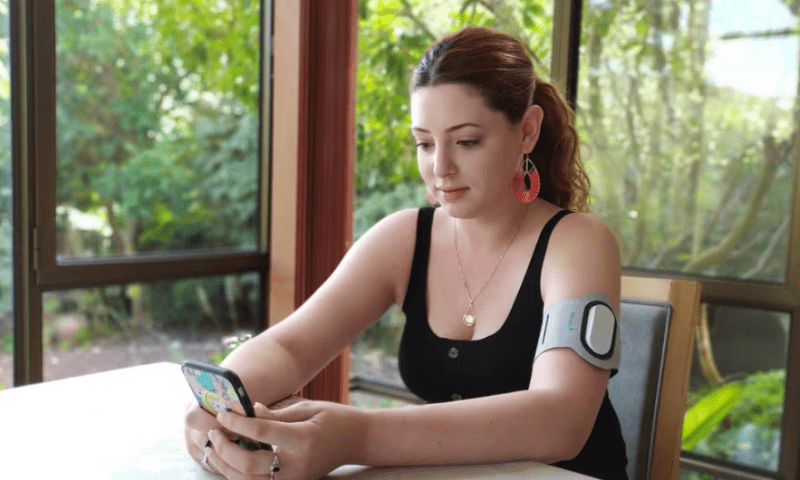Fundraising can be a constant headache for many health tech startups—but not for Theranica. The company has managed to keep a steady stream of financing coming in and investors interested in its technology since its 2016 founding.
The most recent addition to that funding flood comprises a $45 million series C that represents only the first wave of the VC round, the company announced this week. New Rhein Healthcare Investors led the round, while past Theranica supporters aMoon, Lightspeed Venture Partners, LionBird, Takoa Invest and Corundum Open Innovation also chipped in.
The startup—which claims headquarters in New Jersey and Israel—is expecting even more investors to come on board and has accordingly extended the final closing date of the series C round to October. At that point, all of the round’s proceeds will go toward expanding Theranica’s commercial reach in the U.S., it said in the Monday release.
The $45 million-plus influx follows a 2019 series B round that brought in $35 million for the company and its neuromodulation technology, as well as a $6 million series A that closed in 2017.
Theranica’s technology is meant to serve as a drug-free alternative to treat either episodic or chronic migraine headaches. It’s been cleared for adult use since 2019, and the FDA expanded that indication just last year to include anyone 12 years or older with migraines.
The Nerivio system centers around an armband that’s strapped to the upper arm as soon as a migraine begins to set in. From there, it sends out electrical pulses to stimulate the nervous system via the peripheral nerves. The pulses are directed toward the area of the brain responsible for regulating pain, with an aim of interrupting pain signals to relieve migraine symptoms.
The system is controlled through an app downloaded on a user’s smartphone. There, they can start, pause and stop neurostimulation treatments, control the intensity of each 45-minute session and track their symptoms. All that data can in turn be shared with the user’s healthcare providers via the app.
According to Theranica, the prescription-only neuromodulation armband has been proven in multiple studies and clinical trials to produce migraine pain relief comparable to standard pharmacological options.
One analysis of more than 23,000 Nerivio treatments—the results of which were published earlier this year—found that about one-third of people with episodic migraines and just over 20% of those with chronic migraines saw their pain completely disappear within two hours of a neurostimulation treatment. About two-thirds of the entire patient group, meanwhile, experienced sustained pain relief beyond the two-hour point.

